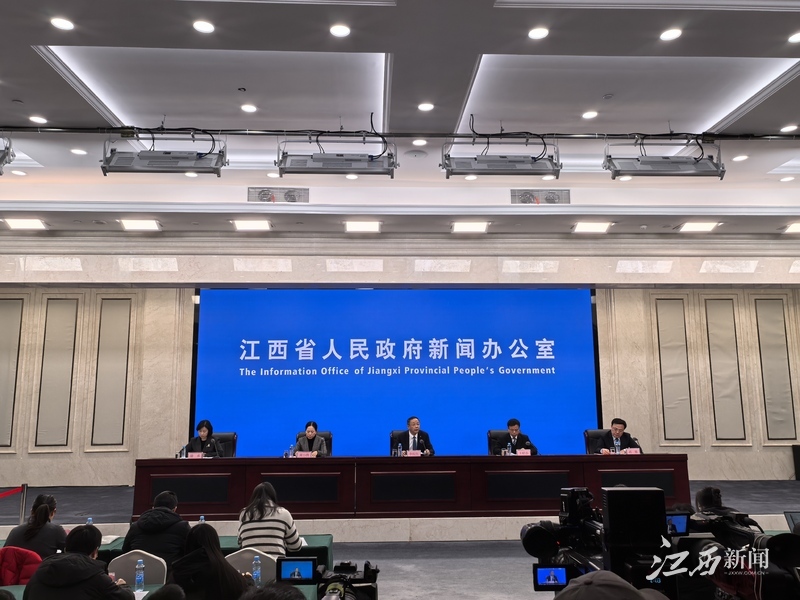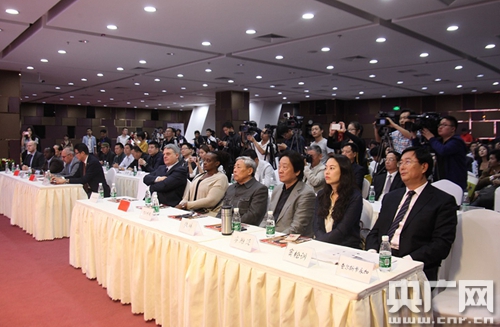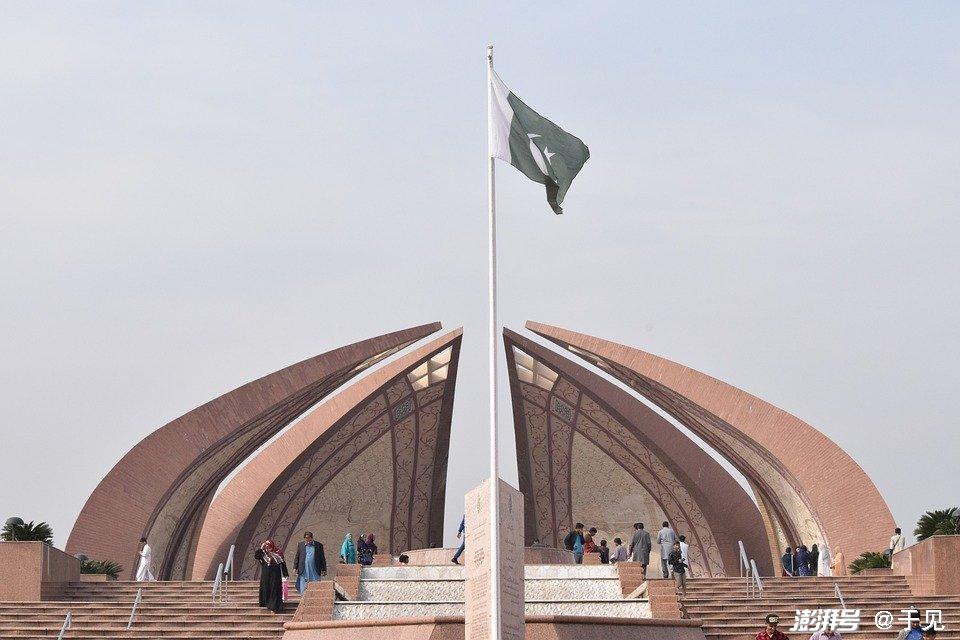Viewpoint | Shao Zhicheng: Be In Mind The World And Make Knowledge On The Fields And Earth
Viewpoint | Shao Zhicheng: Be In Mind The World And Make Knowledge On The Fields And Earth
Pengpai, Pengpai News, Pengpai News Network, News and Thoughts, Pengpai is a current political thought-based Internet platform rooted in Shanghai, China. It takes the most active original news and the calmest ideological analysis as its two wings. It is a combination of Internet technology innovation and news value inheritance.
[Opening words] A recent article "Xi Jinping's View of Youth" mentioned that using knowledge to promote action and seek knowledge through action is General Secretary Xi Jinping's consistent character and a consistent expectation for the majority of young people. Where to use your youth? "Practice efforts in practice and work hard on the unity of knowledge and action." For scholars engaged in regional and country research, especially young scholars, they need to be knowledgeable in the world, go out of their study, go deep into the target country to do immersive field research, do real knowledge, and do real knowledge. This edition will open the "Knowledge and Action to Go Forward" column today, inviting scholars to share precious experiences and in-depth thinking during field surveys.
Against the backdrop of profound adjustment of the world pattern and the continuous advancement of China's foreign strategy, regional country science, as an emerging interdisciplinary subject, shoulders the dual mission of connecting national strategic needs and regional experience and practice. Whether regional and national studies can become "real learning" depends on whether we can deeply understand the actual evolution of China and the target world, and make knowledge in the fields of the motherland and the world: to create a "local learning" that is both strategic and academic.
Localization responds to the practical orientation of regional and country learning to “put what you learn and use it to strengthen learning”. It must not only be based on regional and country practices to form a world-facing problem awareness, but also face the needs of our country’s national strategic and form a knowledge supply to serve major foreign strategies such as the joint construction of the “Belt and Road” initiative and a community with a shared future for mankind. We can promote the "initiation of roots" of regional and national studies from five aspects.
First, the problem is on the ground. Look from the horizontal view, it becomes a ridge and a peak, with different heights and heights. Asking questions is the starting point of research. Regional and country research should start from the reality of the target country and should not work behind closed doors or ask questions out of thin air. Researchers must cultivate a problem awareness of "connecting the antenna from the top and down to the bottom", and must not only respond to the needs of national strategies, but also be good at identifying key issues in specific scenarios such as grassroots governance, people's livelihoods, and regional cooperation. For example, when analyzing the "going overseas" of Chinese companies, focusing only on what agreements signed between China and the host government is far from enough to explain the success or failure of the project promotion. Enterprises also need to coordinate the interests and concerns of local communities, religious culture, and policy demands of local governments. Only by mastering basic facts can researchers accurately judge: Why are some projects successfully implemented, while others are repeatedly frustrated? Only when the question is raised accurately can the research be meaningful.
The second is that the fields are on the ground. The knowledge you get from paper is always shallow, and you must practice it yourself to know it. Although book information is important, no matter how detailed second-hand information is, it is difficult to replace the feeling of experiencing it personally. The "field" emphasized by regional and national studies is not to see the excitement or to take a quick look at the tourism, but to penetrate the scene with real guns and touch the real world in "look, listen, ask, and touch". During the investigation in Indonesia and Malaysia, through daily contacts between streets and alleys, the author personally felt the mutual learning and integration of religious culture among multiple ethnic groups, and also learned key clues to understanding local digital transformation through interviews with international organizations, local think tanks, local enterprises, and Chinese-funded institutions. The "hidden mechanism" of system operation often only needs to gradually emerge through "traveling thousands of miles and entering a hundred families". The fields are like a mirror, not only reflecting the researchers' knowledge boundaries, but also reflecting a new starting point for research.
Third, the main body is on the ground. In a state of selflessness, we can observe things from things. Regional country research is not "sitting in the office to see others", but to truly enter the other person's society and understand the other person's perspective. This means that researchers should regard themselves as "a party in dialogue" and abandon the view of other countries as "judgments" or "teacher". When investigating the development of Indonesia's e-commerce industry, we found that although its platform architecture is similar to China, Indonesian consumers are more accustomed to "cash on delivery". Behind this is not only the differences in payment tools, but also the Indonesian understanding of risks, trust and transactions. If we only start from our existing experience, it is easy to misread other people's implicit ideas. Only by thinking from the perspective of others can we find a true way of understanding in cultural differences.
Fourth, crossing on the ground. The stones from other mountains can be used to attack jade. Regional country research faces a complex system composed of politics, society, economy and culture, and cannot rely on the theories or methods of a single discipline to answer. When cooperating with neighboring countries, my country's border areas are not only related to cross-border ethnic governance, but also consider many aspects such as ecological protection, industrial development, and interconnection. The Lancang-Mekong subregional cooperation mechanism has been in operation for many years. Issues such as connectivity, production capacity, cross-border economy, water resources, agriculture and poverty reduction are often intertwined. This requires us to flexibly choose theories and methods that are in line with the actual needs of the research questions, and the "one move" will no longer work.
Fifth, the results are on the ground. Knowing is the beginning of action, and practicing is the accomplishment of knowledge. Doing knowledge cannot stop at the output of papers, but also requires the courage to "transform the world after understanding the world", and strive to serve the country and solve problems for society. Regional country research results should become a bridge connecting knowledge and action. Regional country research institutions should explore the multi-dimensional transformation of academic papers, policy reports and social academic products, and promote regional country knowledge production to become a basic resource for decision-making reference, public expression, and international communication. At the same time, researchers should also "go global", study, write and speak with scholars from the target country, and create a platform for co-construction of knowledge.
As Professor Liu Hongwu of Zhejiang Normal University pointed out, regional and national studies must achieve "implementation at both ends and shouldering the middle": one end on the needs of national strategies and the other end on the specific reality of regional and country; and what is undertaken in the middle is the responsibilities and ability of researchers to connect the two. From asking questions, to going deep into the front line, and then to transforming results, this is the "on-site" path for regional and country studies to take root in the field and serve national strategies.





